
Book
7 Mistakes Every Investor Makes (and How to Avoid Them)
A Manifesto for Smarter Investing
Recommendation
Volatility has returned to stock markets with a vengeance – a harsh reality that makes veteran research analyst Joachim Klement’s insights into common investor errors all the more valuable. In this accessible guide, Klement walks through the seven “deadly sins” of investing, including using short time horizons, dismissing risk and paying professional managers too much. While he doesn’t break new ground, Klement’s academic research and exploration of his own past missteps add nuance to his arguments. Readers will find his advice to keep an “investment diary” – and review it regularly – especially useful.
Summary
About the Author
Joachim Klement is a research analyst and former chief investment officer who advises wealthy individuals and family offices.








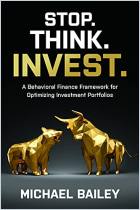
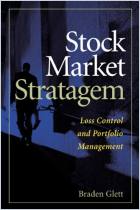
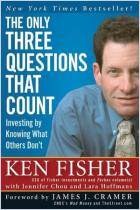
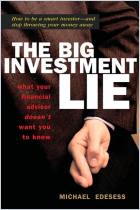
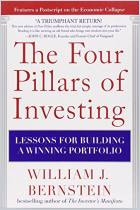
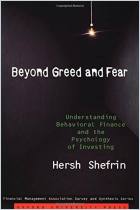




Comment on this summary or Начать обсуждение